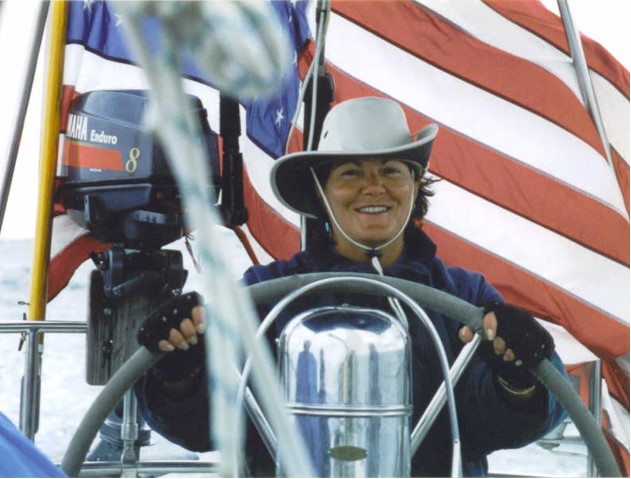Fielding alum Dr. Lee Ann Avery recently published the chapter What Offshore Sailing Captains Teach Us about Leadership in the book Leadership – Advancing Great Leaders and Leadership. The chapter and book are available for download from IntechOpen as part of the peer-reviewed open access volume collection.

Lee Ann Avery, Ph.D.
Dr. Avery’s chapter What Offshore Sailing Captains Teach Us about Leadership is a qualitative and exploratory study that examines how leadership is demonstrated in the context of offshore sailing through the sea stories of sailing captains’ experiences where there was potential for massive physical, psychological, or material consequences to the crew and/or the boat. The analysis of their stories shows that offshore sailing captains demonstrate the characteristics of in extremis leaders, consistent with prior research, which include inherent and intrinsic motivation, effective sense-making and sense giving during the extreme event, and developing a collaborative team without hierarchy built on trust engendered from demonstrating competence and confidence. The study also revealed a model of how these captains demonstrate dynamic system leadership through continuous learning and acting which prepares the captains to prevent or minimize the effects of the extreme situations they encounter at sea.
After surviving, and actually thriving after a Force 10 storm between Newport, RI and Bermuda due to the captain’s leadership and technical skills I observed, I decided to study what made his leadership so altruistic and successful in such adverse situations. It contrasted sharply with the ego-driven management I had observed in my corporate experience. My PhD dissertation studied 18 offshore sailing captains, and my findings are summarized in this chapter. There are lessons for leadership broadly. — Dr. Avery
Through their self-development, technical skills, emotional intelligence, planning and preparation, team management, and constant scanning of the environment they build situation awareness for quick risk assessment and decision-making in moments of in extremis. The captain’s goal at all times is to keep the crew and the boat safe, both physically and psychologically, through normal conditions and during in extremis events, using appropriate decisions and actions, and always remaining calm.
Join Over 7,500 Fielding Alumni Located Around The World!
Change the world. Start with yours.™






Get Social